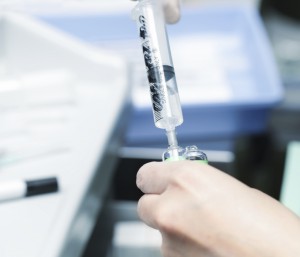Did you know that Irritable Bowel Syndrome affects 25 to 45 million people in the United States? Anyone who has been diagnosed with IBS can tell you that bowel incontinence is one of the more common symptoms. 60% of IBS patients report experiencing at least one episode of fecal incontinence.
What is IBS?
Irritable Bowel Syndrome (IBS) is a chronic condition that affects the large intestine, causing symptoms like cramping, bloating, gas, abdominal pain, diarrhea and constipation. Although it can cause some of the same symptoms as Crohn’s disease and ulcerative colitis, it doesn’t cause changes in the bowel tissue that are the hallmarks of those two diseases. Since it’s a long-lasting condition, it can also cause feelings of anxiety and even depression.
What causes IBS?
As for what causes it, researchers aren’t clear, but studies show it may be related to the muscles or nerves that control the way the bowel contracts and the sensations bowel activities can cause. Research has also shown that IBS can be triggered by certain foods, illnesses, stress, and even hormones, and triggers can vary substantially from one person to another. It also seems clear IBS is more likely to occur in women as well as those with a family history of the condition.
IBS Treatment
Since the causes of IBS aren’t yet known, right now, treatment is focused on reducing or eliminating symptoms, including bowel incontinence. Some bouts of IBS may be avoided or lessened by avoiding triggers whenever possible, for instance, by eliminating certain foods or learning stress management techniques. Other times, medication may help.
IBS and Incontinence
There are three types of IBS, one of which is diarrhea-based. A common symptom of this type is fecal incontinence, the inability to control bowel movements.
If you have IBS or you’ve been experiencing symptoms like bowel incontinence or loose bowels, having an evaluation is critical to your good health. Make an appointment with the Incontinence Institute in Middle Tennessee today so you can start feeling more confident about your health and your life.



 How do Bladder Botulinum Toxin Injections Work?
How do Bladder Botulinum Toxin Injections Work?